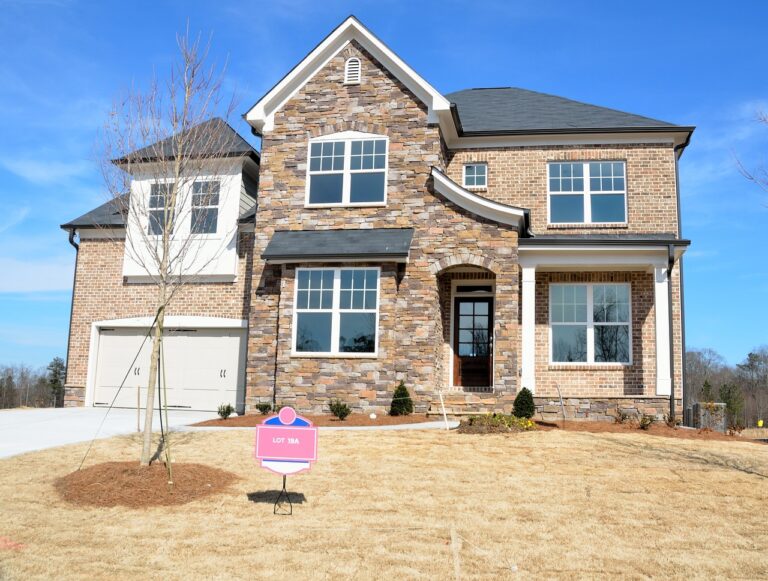The Future of Quantum Computing: Business Implications in Virtual Reality Concerts
One of the primary challenges in integrating quantum computing with virtual reality technology lies in the complex nature of both fields. Quantum computing operates on principles of quantum mechanics, which are vastly different from classical computing methods. Virtual reality technology also involves intricate processes to create immersive experiences for users. The integration of these two cutting-edge technologies requires a deep understanding of both quantum computing and virtual reality, presenting a steep learning curve for developers and engineers.
Another obstacle in merging quantum computing with virtual reality technology is the current limitations in quantum hardware and software development. Quantum computers are still in their early stages of development, with many technical hurdles to overcome before they can be seamlessly integrated with existing virtual reality systems. The lack of standardized tools and frameworks for quantum computing further complicates the integration process, requiring significant research and innovation to bridge the gap between these two innovative fields.
Potential Benefits of Quantum Computing in Enhancing Virtual Reality Concert Experiences
Quantum computing holds the promise of revolutionizing the virtual reality (VR) concert experience by enabling unparalleled levels of realism and interactivity. With the ability to process vast amounts of data simultaneously and at incredibly high speeds, quantum computing can enhance the visual and auditory components of VR concerts to create truly immersive environments for audiences. Imagine feeling as though you are standing in the midst of a live concert hall, with crystal-clear sound and lifelike visuals that react instantaneously to your movements and interactions.
Moreover, quantum computing can significantly improve the performance of VR concerts by optimizing real-time data processing. By harnessing quantum algorithms and computational power, VR developers can overcome the limitations of traditional computing methods and deliver seamless, high-fidelity experiences to concert-goers. From reducing latency issues to enhancing the overall responsiveness of VR simulations, the integration of quantum computing in this context has the potential to elevate virtual reality concert experiences to new heights of realism and engagement.
Impact of Quantum Computing on Real-time Data Processing for Virtual Reality Concerts
The integration of quantum computing in real-time data processing for virtual reality concerts marks a significant leap in technology. Quantum computing’s ability to solve complex problems at unparalleled speeds opens up new possibilities for enhancing the immersive experience of virtual reality concerts. By leveraging the power of quantum computing, real-time data processing can be optimized to deliver seamless audio and visual synchronization, creating a more dynamic and interactive environment for concert-goers.
Furthermore, quantum computing enables faster processing of vast amounts of data in real-time, allowing for more personalized and customized experiences in virtual reality concerts. This advancement in technology has the potential to revolutionize the way concerts are experienced, providing audiences with tailor-made content based on their preferences and interactions within the virtual environment. The impact of quantum computing on real-time data processing for virtual reality concerts paves the way for a new era of entertainment that is not only visually stunning but also highly engaging and interactive.
• Quantum computing enhances real-time data processing for virtual reality concerts
• Solves complex problems at unparalleled speeds
• Optimizes audio and visual synchronization for a more immersive experience
• Enables faster processing of vast amounts of data in real-time
• Provides personalized and customized experiences for concert-goers based on preferences and interactions within the virtual environment
• Revolutionizes the way concerts are experienced by offering tailor-made content
• Creates visually stunning, engaging, and interactive entertainment experiences
What are the main challenges in integrating quantum computing with virtual reality technology?
Some of the main challenges include the high cost of quantum computing hardware, the complexity of programming quantum algorithms, and the need for specialized skills in both quantum computing and virtual reality technology.
How can quantum computing enhance virtual reality concert experiences?
Quantum computing can help improve the realism and interactivity of virtual reality concerts by enabling faster and more complex data processing, leading to a more immersive and engaging experience for the audience.
What specific benefits can quantum computing bring to real-time data processing for virtual reality concerts?
Quantum computing can significantly increase the speed and efficiency of real-time data processing for virtual reality concerts, allowing for more complex visual and audio effects, improved synchronization with live performances, and seamless interactions with the virtual environment.







